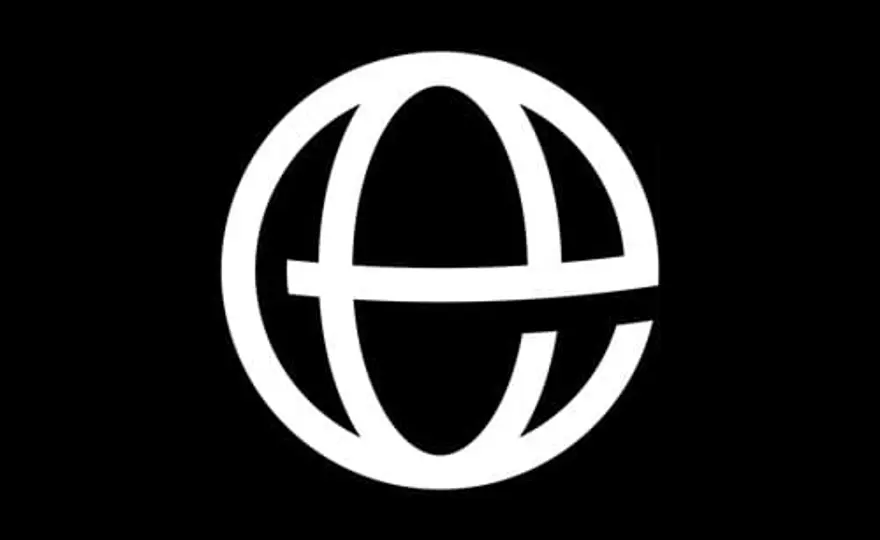ClientEarth Communications
16th November 2016


Indonesia, one of the world’s largest timber exporters, has become the first country to issue FLEGT (Forest, Law, Enforcement, Governance and Trade) licences. This marks a significant step in the fight towards preventing trade in illegally harvested timber and timber products.
Indonesian timber products covered by the FLEGT licensing scheme must now have a FLEGT licence to access the EU market, and EU companies buying timber with a valid FLEGT licence can consider it legal for the sake of compliance with the EU Timber Regulation.
First shipment ceremony FLEGT Licence Indonesia, Indonesian Legal Wood (Sistem Verifikasi Legalitas Kayu) Twitter account
FLEGT licences are a key component of Indonesia’s Voluntary Partnership Agreement (VPA) with the EU, which encourages governance and legal reforms so that the legality of timber can be guaranteed.
Emily Unwin, Head of ClientEarth’s Climate and Forests Programme, said:
“This is a major step forward. By agreeing to issue FLEGT licences to all timber product exports, not just those going to the EU, Indonesia has committed to improving forest governance in a significant way. The scheme should help preserve forests, protect community rights and ensure illegal timber harvesting is prevented.
“As the first country to reach this stage of a Voluntary Partnership Agreement, Indonesian FLEGT licensed timber will be welcomed by the EU – but it will obviously, rightly, come under scrutiny.”
Attention will now turn from the creation of the FLEGT licensing system (which in Indonesia is called the SVLK) to how it actually works. All eyes will be on how well the government meets ongoing commitments to make relevant information public, maintains improvements to forest governance reforms, and how the FLEGT licensing system responds to questions that are raised about timber legality.
The SVLK has a built-in role for Indonesian civil society to monitor the operation of the system, and to file complaints if problems are detected. Civil society’s use of this oversight role, and the response of the licensing system to complaints raised, will be key to the SVLK’s increasing credibility.
On the EU side, the focus will now turn to how well EU Member States oversee the arrival of timber products from Indonesia to ensure that valid FLEGT licences are in place.
Beyond Indonesia, five other countries are implementing VPAs (including Ghana, Liberia and the Republic of Congo) and nine others are in negotiations with the EU (including Gabon and Ivory Coast).
The arrival of Indonesian FLEGT licences is an important step for the south east Asian country’s trade, and for work to support stronger forest governance more broadly. As such, it merits support and ongoing attention.